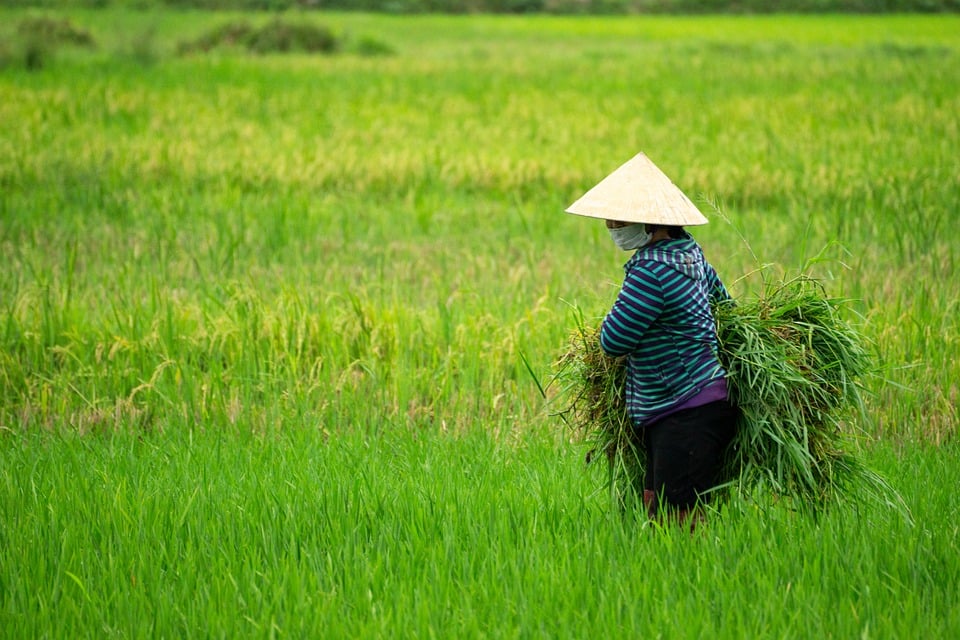In the annals of history, the customs and practices of ancient civilizations have long captivated our imagination. From the grandeur of the Egyptian pharaohs to the mysticism of the Mayan temples, these ancient societies left behind a legacy of rituals and traditions that continue to intrigue and inspire us today. In this article, we will delve into the rich tapestry of ancient rituals and traditions, exploring their historical significance, current state of preservation, and future implications for global culture.
The Historical Context of Ancient Rituals
Ancient civilizations around the world developed intricate systems of rituals and traditions that formed the backbone of their societies. These rituals were often deeply intertwined with religious beliefs, social hierarchies, and political power structures. In ancient Egypt, for example, the pharaohs conducted elaborate funerary rituals to ensure a smooth transition to the afterlife. In ancient Greece, the Olympic Games were not only a sporting event but also a religious ceremony dedicated to the gods.
The Current State of Preservation
Despite the passage of time, many ancient rituals and traditions have managed to survive into the modern era. Archaeologists and historians work tirelessly to uncover and preserve these cultural treasures, ensuring that future generations can continue to learn from and be inspired by them. In some cases, ancient rituals have even experienced a revival, with modern practitioners seeking to reclaim their cultural heritage and connect with their ancestors.
Future Predictions for Ancient Rituals
As we look to the future, it is clear that ancient rituals and traditions will continue to play a vital role in shaping our global culture. In an increasingly interconnected world, the exchange of ideas and practices across borders has led to a renaissance of interest in ancient civilizations. From yoga and meditation to traditional Chinese medicine, ancient rituals are being rediscovered and reinterpreted for a modern audience. As we move forward, it is essential that we work to preserve and protect these cultural treasures for future generations to enjoy.
– Ancient rituals will continue to inspire creativity and innovation in the arts and sciences.
– Increased tourism and cultural exchange will contribute to the preservation of ancient sites and traditions.
– Collaboration between historians, archaeologists, and indigenous communities will lead to a deeper understanding of ancient rituals.
– Modern technology, such as virtual reality and 3D scanning, will enable us to experience ancient rituals in new and immersive ways.
Conclusion
In conclusion, the rituals and traditions of ancient civilizations offer us a window into the rich tapestry of human history. From the pyramids of Egypt to the temples of Angkor Wat, these ancient practices continue to captivate and inspire us. As we move forward, it is essential that we work to preserve and protect these cultural treasures for future generations to enjoy. By celebrating and honoring the rituals of our ancestors, we enrich our own cultural heritage and deepen our understanding of the world around us. Thank you for joining us on this journey through the intriguing rituals and traditions of ancient civilizations.
For further reading on this topic, we recommend exploring the works of renowned archaeologists and historians, as well as visiting museums and cultural sites dedicated to ancient civilizations.
